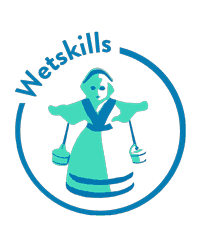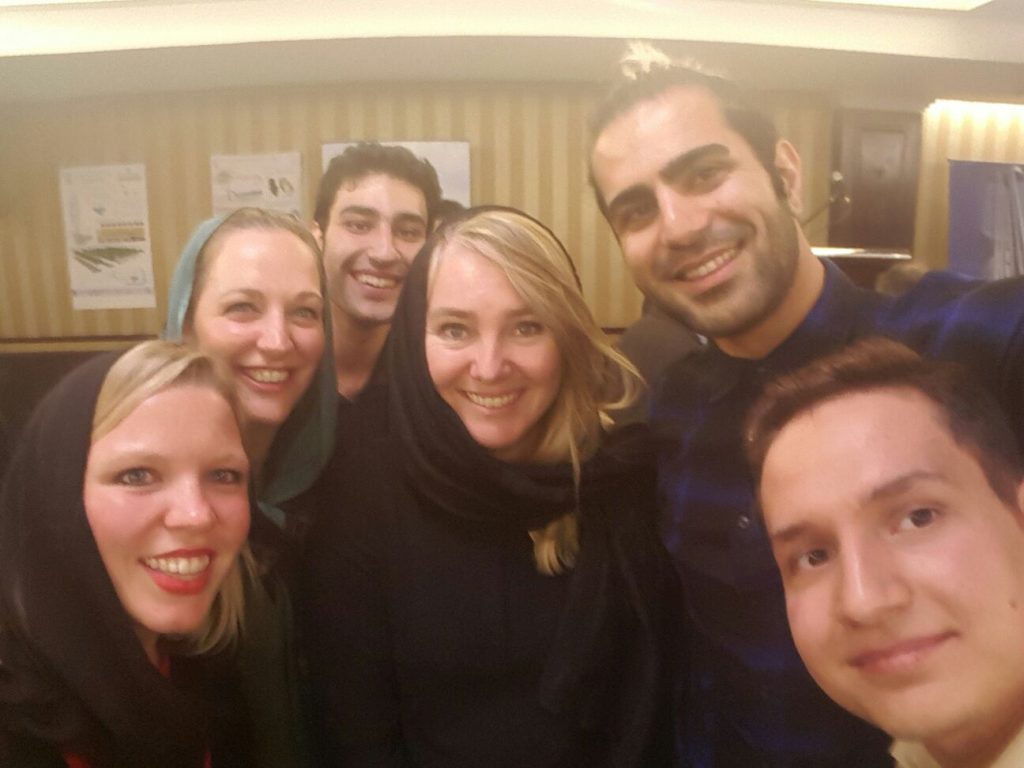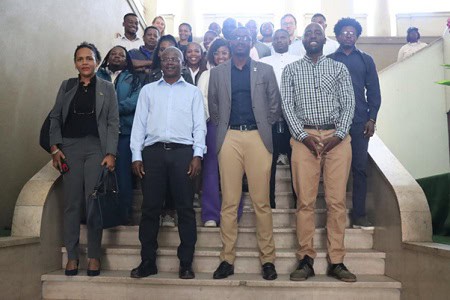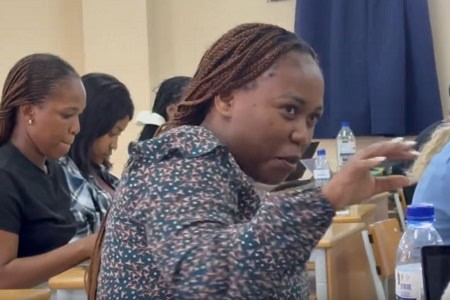Marijke Panis just returned from Iran. She and her group won the Wetskills Challenge. We’re curious about her experience, so Marijke… Tell us more!
So you went to the Wetskills Challenge in Iran. How was your experience?
Participating in a Wetskills competition was a great experience. Interesting to learn so much about Iran and to work together on cases. We had a lot of fun, working on this case, going on excurions and of course: enjoying our free time as well!
Apart from the well known cultural differences between The Netherlands and Iran: are there also differences in the way Iran deals with water related problems?
The five cases that the five Wetskills teams worked on, made it clear for me that Iran has much more and way more urgent water related problems then I expected. The lack of awareness is a key problem that has a big influence on the ecosystem.
Something that really surprised me, is that water and electricity are free in Iran. As a consequence people are not so aware of the drought and the scarcity problems that the country is actually dealing with.
You worked on the case about Urmia Lake. What did you learn?
Urmia Lake is drying out. That’s a national problem, mainly for the agriculture. It was interesting to work on this project, because all water experts that we talked to were familiar with the case and did at least some research on it. Quite some research has already been done to see if the area would benefit from shifting from agricultural activities to more industrial activities, or tourism. Our challenge was to come with out of the box solutions, so we decided to look at the situation from another angle by focusing on the social aspects of the problem instead on technical solutions.
Why do you think social aspects are so important?
We think that, to really make a change, it’s very important that people become aware of the cause of the drought problem. To give you a perspective: in Iran 89% of the water is used for agricultural purposes and in a very inefficient way. Example: many farmers water their crops in the winter, but that is not necessary at all. It’s just something they learn to do from generation to generation. Another example: many farmers grow apple trees and sugar cane, but both need a lot of water. It might be interesting to look at other options, grapes for example.
Your group won the Wetskills Challenge. What was the out of the box solution your group came up with?
Informing people about the current situation and educating future generations might make a big difference. Based on lectures of climate artist Ap Verheggen we developed a strategy to do this. Our idea is to ask an Iranian artist to make a flamingo shaped interactive artwork that reacts on the water level of the lake. If the water level is going down, the flamingo takes a sad pose. If the water is rising, the flamingo takes a happy pose. The flamingo has to become an icon, because before the lake dried up, there were a lot of flamingo’s living around the lake. We want to bring the flamingo back.
With the flamingo we don’t want to focus just on the farmers. We also want to focus on their families, so on their wives and kids. To raise the awareness on a broader scale, our idea is to link the flamingo to the educational system. Schools can get a smaller version of the flamingo, so kids can start learning about ecological systems at a young age. To also include the farmers wifes, discussion groups can be started in mosques. If people learn more about the ecosystem and about crops, the agriculture might keep flourishing.
Do you want to join Wetskills too? Check out our upcoming events!



